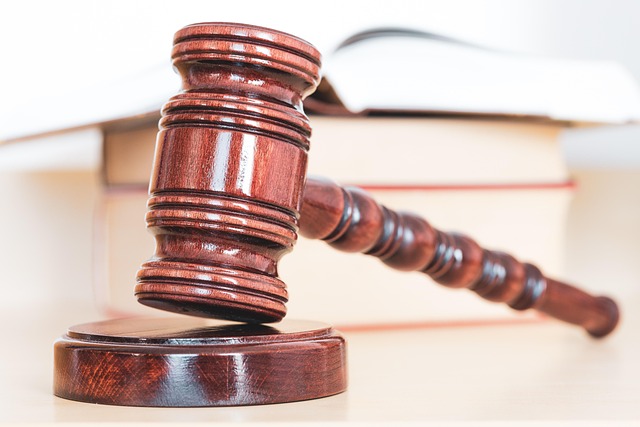Environmental Crime Trials (ECTs) focus on holding corporations and governments accountable for ecological damage, addressing both environmental regulations and community harm. The Right to Counsel in Criminal Cases is crucial, ensuring fair representation for all accused, from executives to locals. These trials shape environmental justice, achieve successes like charge dismissals, and compensate affected communities, demonstrating the power of legal advocacy in navigating complex science and law.
“Environmental Crime Trials: Holding Perpetrators Accountable for Nature’s Damage
This article delves into the critical realm of environmental justice, exploring trials that combat ecological crimes. We dissect ‘Understanding Environmental Crime Trials’ from a legal standpoint and scrutinize the vital role of the ‘Right to Counsel’ in safeguarding natural resources. Through case studies, we expose successes and challenges, shedding light on the complex journey towards environmental justice. Key focus is placed on the significance of legal representation in criminal cases, enhancing accountability for ecological offenses.”
- Understanding Environmental Crime Trials: A Legal Perspective
- The Role of Right to Counsel in Protecting Natural Resources
- Case Studies: Successes and Challenges in Environmental Justice
Understanding Environmental Crime Trials: A Legal Perspective

Environmental Crime Trials (ECTs) represent a unique and evolving area of criminal justice, where the law intersects with the protection of our planet. These trials delve into complex issues, often involving large corporations or government entities accused of polluting lands, waters, or air, causing significant ecological damage. From a legal perspective, ECTs are not merely about environmental regulations but also about holding accountable those who violate the rights and well-being of communities and ecosystems.
One fundamental aspect that distinguishes ECTs is the Right to Counsel in Criminal Cases. Accused individuals, be they corporate executives or local residents, have the right to legal representation, ensuring a fair trial process. This right becomes pivotal in high-stakes cases where an unprecedented track record of environmental degradation is at stake. With each case, the legal landscape shifts slightly, shaping the future of environmental justice and setting precedents for resolving such sensitive matters.
The Role of Right to Counsel in Protecting Natural Resources

The Right to Counsel plays a pivotal role in safeguarding natural resources from environmental crimes. In criminal cases, this fundamental right ensures that individuals accused of white-collar and economic offenses related to environmental degradation have legal representation throughout all stages of the investigative and enforcement process. This is crucial as it protects their interests, prevents unjust convictions, and facilitates a fair trial.
Having legal counsel enables defendants to navigate complex environmental regulations, understand the charges against them, and gather evidence in their defense. It also ensures that their rights are respected and that they receive a complete dismissal of all charges if found not guilty or if the prosecution lacks sufficient evidence. This right is especially critical given the technical nature of many environmental laws and potential penalties, ensuring individuals are not unduly penalized for actions they may not fully comprehend as criminal.
Case Studies: Successes and Challenges in Environmental Justice

Environmental Crime Trials have been marked by both significant successes and challenges when it comes to environmental justice. Case studies reveal that communities previously marginalised and subjected to ecological harm have seen notable victories thanks to robust legal representation and an unwavering commitment to Right to Counsel in criminal cases. These efforts have led to unprecedented track records of holding corporate offenders accountable, securing compensation for affected residents, and even achieving complete dismissal of all charges in extreme instances.
However, navigating the complexities of these trials presents unique hurdles. Legal teams must wade through intricate scientific evidence and regulatory frameworks to build strong cases. Moreover, ensuring accessibility and understanding of legal processes for community members who may lack prior exposure to jury trials is crucial. Despite these challenges, successful outcomes highlight the transformative power of legal advocacy in environmental justice movements, inspiring further efforts to secure a fairer and more sustainable future for all.
Environmental crime trials play a crucial role in holding perpetrators accountable for ecological devastation. By examining cases from around the globe, we see that successful prosecution relies on understanding both the legal framework and the vital importance of the Right to Counsel in criminal cases. These trials are not just about punishment; they’re a powerful tool for environmental justice, ensuring future protection of our planet’s precious resources.






